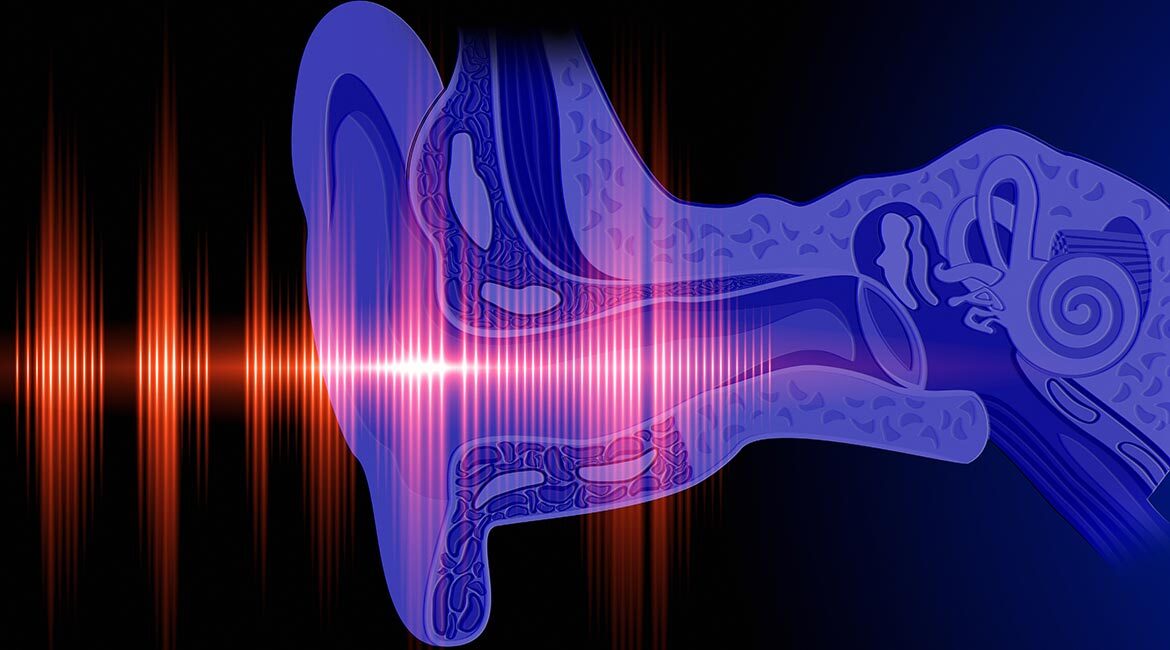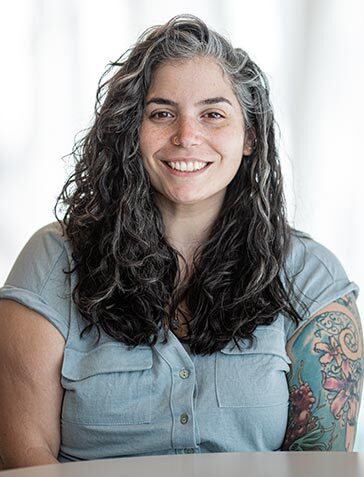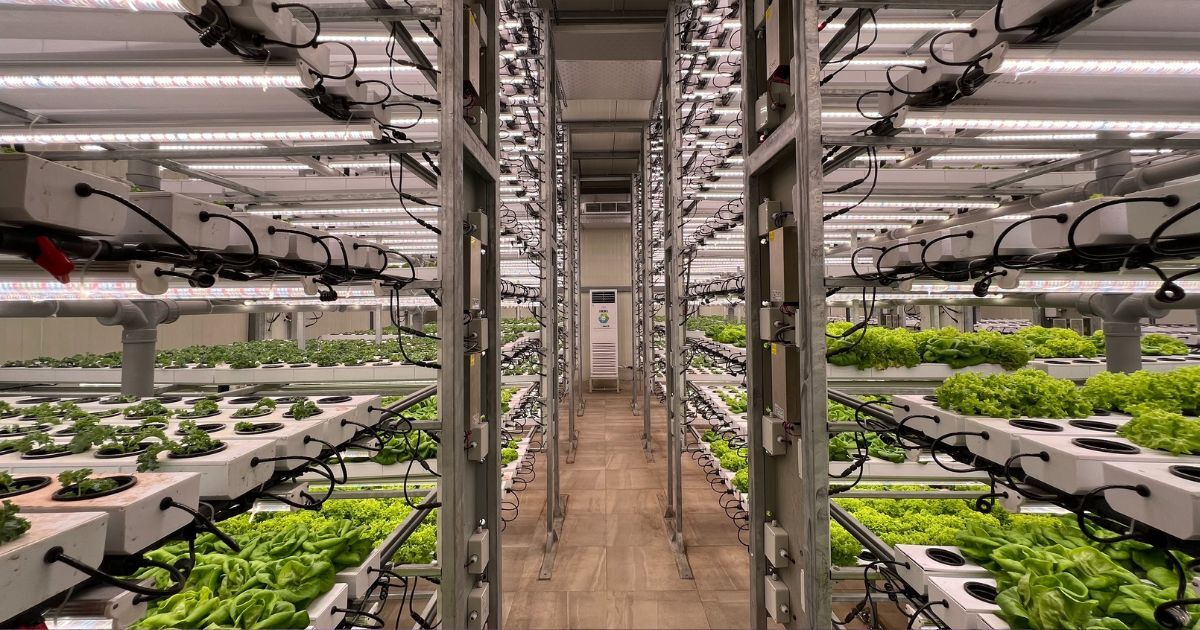What is the Sound of Batting Eyelashes?

Purchased on GettyImages. Copyright.
Detecting Parkinson’s or Alzheimer’s years before a diagnosis by capturing the way you swallow or breathe using an in-ear microphone: is this science fiction? Not for Rachel Bouserhal. “By inserting a microphone inside an occluded ear, we have access to lots of signals generated by the human body.”
Health Inside the Ear
Listening to different physiological sounds, called biosignals, can help detect pathologies that would otherwise go unnoticed. Granted, we know the symptoms of Parkinson’s or Alzheimer’s disease, but now we can hear them. “The swallowing phases linked with the breathing pattern of someone who is going to develop Parkinson’s start to change quite early. But who will notice?” asks Rachel.
She is confident that future generations will be wearing in-ear devices most of the time. It will be as common as wearing eyeglasses today. As a result, data on the health of wearers will be readily available through the monitoring of their biosignals.
Rachel Bouserhal is passionate about this field still in its infancy. However, there was no indication that health would become her area of research, except for some hesitation during her teenage years when she was thinking of enrolling in forensic psychology.
As a child, Rachel wanted to teach—mathematics. She is comfortable with concepts, in the abstract. Then, during high school, a major twist in destiny.
Leaving Lebanon, Landing in Michigan and Moving to Montreal

ÉTS Professor Rachel Bouserhal
Rachel left Lebanon with her family to settle in the United States. New language. New country. New everything. Attracted by music, she joined a group of students at Michigan State University who built amplifiers and other acoustic devices. There she discovered her passion for electrical engineering.
After earning her bachelor’s degree in 2009 and her master’s degree two years later in Electrical Engineering at Michigan State University, Rachel learned that École de technologie supérieure of Montréal was looking for a PhD student specializing in signal processing. She met Professor Jérémie Voix, who would become her research director and mentor.
“I immediately liked the subject—communication in noisy environments.” As part of her PhD at ÉTS, Rachel developed an adaptive filter that removes noise from voice signals and improves communication between people wearing hearing protection. This breakthrough propelled the young researcher to the forefront.
A Prized Invention
In 2018, Rachel Bouserhal won the Mitacs and NRC-IRAP Award for Commercialization for her algorithm that mitigates residual noise captured inside the ear canal and enhances the quality of the communication signal. Her research is being brought to market by EERS Global Technologies of Montreal, a developer of in-ear technologies.
Working in Noise while Preserving Your Hearing
Rachel is adamant about the need for more research. Increasing sound quality is not enough. She gives the example of a colleague who teaches carpentry: “When he wears his earplugs, he can’t hear his students, so he takes off his protectors. Then, because his hands are dirty, he doesn’t put the plugs back in and is exposed to noise unnecessarily.” These protective devices are only effective if you wear them consistently. As soon as we can offer people a solution that provides both hearing protection and good communication, occupational deafness will disappear. And that solution is just around the corner, according to Rachel Bouserhal.

AI in Support of Healthcare
Artificial intelligence has been around for a long time. What would represent a real breakthrough, according to Professor Bouserhal, is the individualization that in-ear technologies can offer. “By collecting long-term data on people’s health, disease could be detected more quickly. But creating algorithms based on the individual and not on the general population is where the technology will make a leap.”
Research and Education go Hand in Hand!
Staying on the cutting edge of her field and passing on a range of possibilities to her students is what drives Rachel. Research feeds teaching and vice versa. “And even if a research project does not yield tangible results, that is also part of the process, and I find it very important to teach future engineers how to manage such challenges.” Everyone benefits.
Sound Is Her Whole Life!
Music, slam poetry, singing, languages, ambient noise, physiological sounds: Rachel Bouserhal hears the world above all else. And her goal is to encourage us to listen to our health while preserving our hearing.


